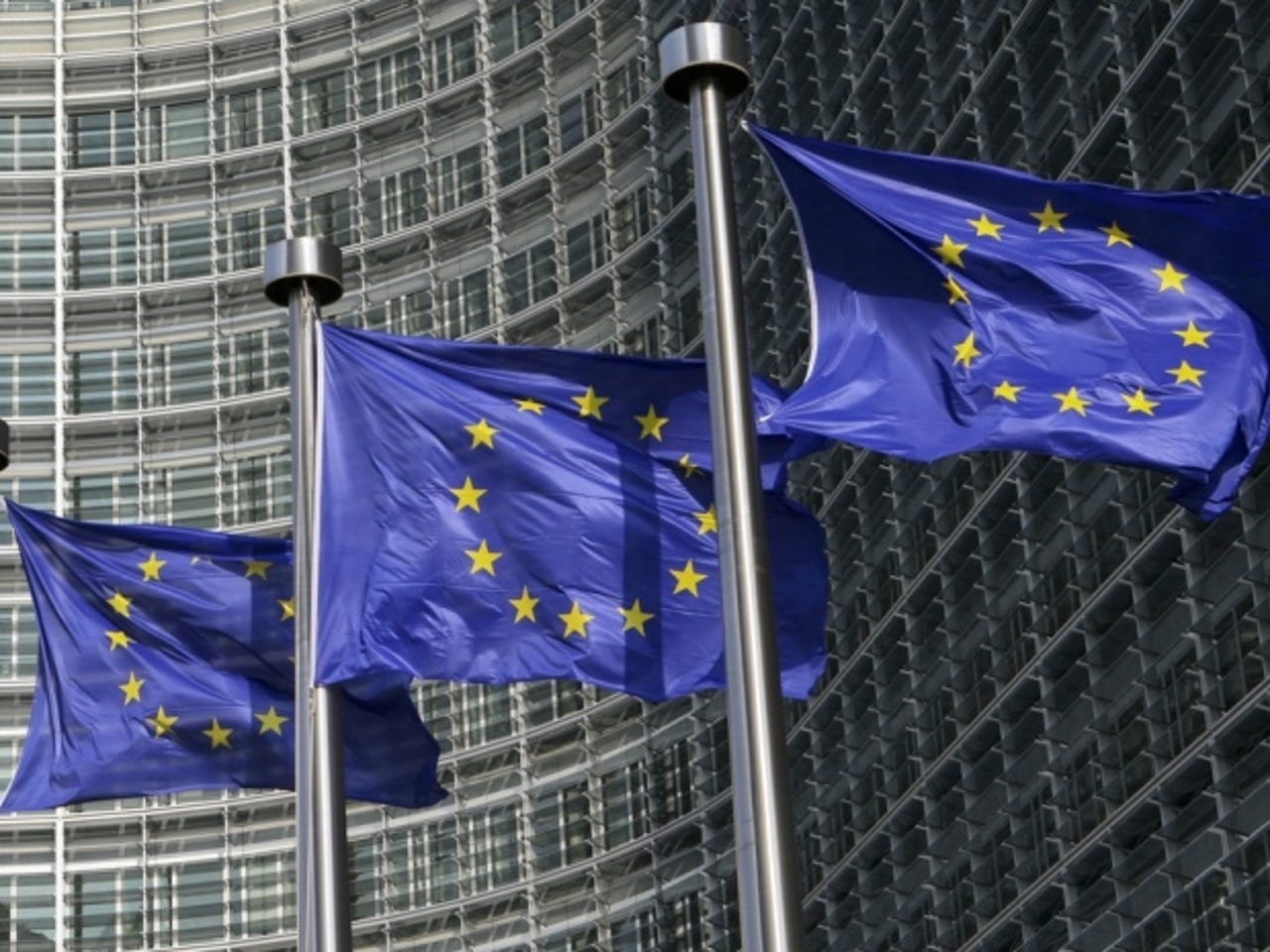Euro MPs: Do not let the ITU take control of the internet

Euro MPs have opposed the idea of a UN organisation taking control of the internet away from US bodies, saying it would hurt the free flow of information online.
On Thursday, members of the European Parliament backed resolutions criticising proposals to give more power to the International Telecommunication Union (ITU). The UN group is looking to revise existing regulations to cover the internet and draw up a new worldwide treaty at its closed-door Dubai conference in December.

The European Parliament warned the revisions would be a mistake and urged EU member states to reject changes to international telecommunications regulations (ITR) in place since 1988.
"Some ITR reform proposals being presented by the ITU member states would negatively impact the internet, its architecture, operations, content and security, business relations, internet governance and the free flow of information online," Dutch MEP Marietje Schaake and other lawmakers said in the motion for resolution.
In addition, "the ITU, or any other single, centralised international institution, is not the appropriate body to assert regulatory authority over either internet governance or internet traffic flows," lawmakers said.
At the moment, large, primarily US-based organisations such as ICANN and IANA have oversight of parts of the internet. In ICANN's case, it controls the allocation of IP addresses.
Euro MPs also fear that if more significant control of the internet is handed to the ITU, this could end up stifling net neutrality, hindering innovation and driving up prices.
"[The European Parliament] is concerned that these ITU reform proposals include the establishment of specific interconnection-charging mechanisms, which could seriously threaten the open and competitive nature of the internet by driving up prices and hampering innovation," the resolutions said.
The resolutions echo criticisms made repeatedly by Google, which has been campaigning against the proposed reforms for months, arguing that more regulation is not needed. On Tuesday, the internet giant launched an online petition to stop the reforms, asking users to pledge support for "the free and open internet".
"Some proposals could permit governments to censor legitimate speech — or even allow them to cut off Internet access," Google wrote on its petition web page.
"Other proposals would require services like YouTube, Facebook, and Skype to pay new tolls in order to reach people across borders. This could limit access to information — particularly in emerging markets," the company added.
The ITU is hosting the World Conference on International Communications (WCIT) in Dubai between 3 and 14 December.